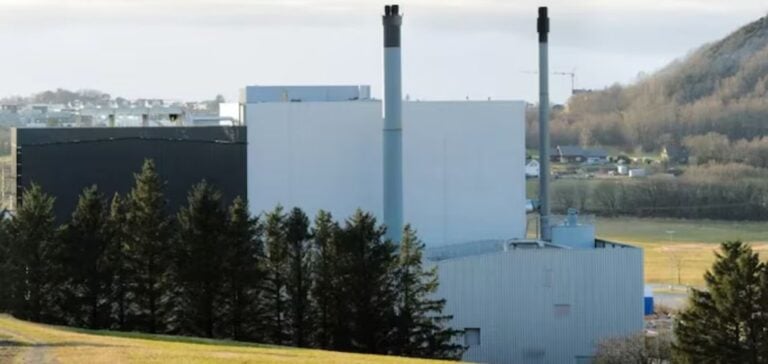The Canada Growth Fund (CGF), a federal cleantech financing agency, has signed an agreement with Varme Energy Inc. and Gibson Energy to launch a pioneering installation near Edmonton. The project will transform 200,000 tonnes of municipal waste into electricity each year, while capturing carbon emissions. This partnership marks a first for Canada in sustainable waste management. This innovative project, located in Edmonton, represents a significant step forward in the field of clean technologies. It is designed to incinerate municipal solid waste and generate electricity, while sequestering carbon emissions. The partners hope to substantially reduce the region’s carbon footprint.
Carbon Price Guarantee
CGF is committed to guaranteeing the price of carbon credits generated by the project through a carbon credit buy-back agreement, at an initial price of CAD 85 per tonne over a 15-year period. This measure aims to secure investments in carbon capture and storage (CCS) technologies, thereby reducing the risks for businesses. This financial support from the Canadian government is crucial in encouraging companies to invest in similar projects. The carbon credit buy-back mechanism provides investors with a stable return on their investment, thus encouraging the development of new CCS infrastructures.
Implications for the Energy Sector
Canada’s energy sector is watching these developments closely, awaiting further announcements from the federal government on new carbon credit buy-back agreements. Last December, a similar agreement was signed with Entropy, a Calgary-based company. The CGF initiative is seen as an important step in building investor confidence and accelerating the adoption of CCS technologies. This approach could also position Canada as a world leader in the export of integrated waste management and carbon capture solutions.
Futuristic Perspectives and Global Opportunities
The project partners believe that the integration of waste treatment and CCS has significant potential for replication in other municipalities across Canada. They also envisage the possibility of exporting this expertise worldwide, opening up new economic and environmental opportunities. This long-term vision could transform the country’s energy and environmental landscape, making Canada a pioneer in clean technologies. The successful implementation of this project could encourage other regions to adopt similar solutions, reinforcing the global commitment to reducing carbon emissions. The collaboration between CGF, Varme Energy and Gibson Energy promises to catalyze significant advances in the renewable energy and carbon capture sectors. If successful, this project could serve as a model for other similar initiatives, both nationally and internationally. This landmark agreement between the Canada Growth Fund and Varme Energy is a concrete example of our ongoing efforts to stimulate investment in carbon capture technologies. By guaranteeing carbon prices, Canada creates an environment conducive to innovation and emissions reduction, paving the way for a more sustainable future.






















